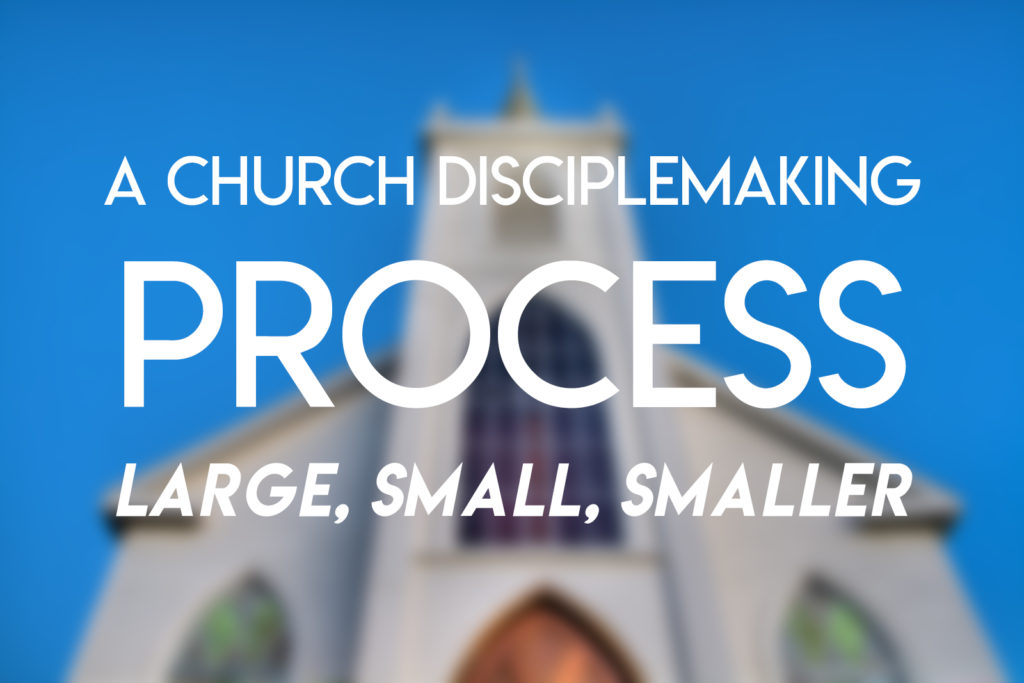
Identify, intercede, invest, intentional and invite. Five actions and ways that you and I can be involved in encouraging group members to get involved in Who’s Your One (a national emphasis by Southern Baptists).
Who. Who do you know that does not know God?
Your. This is personal. It is God’s will and His command for every believer to be a witness.
One. The challenge is to win one.
Your class is designed to make disciples. Making disciples happens best in relationships. Your Sunday School class or group provides the relational environment necessary for believers and new believers to grow. Become accountable to each other for your ones.
Consider these five steps to Connect Your One to a lifetime of growing in Christ:
- Connect Your One to God through reading the Bible and Prayer
- Connect Your One with a Small Group
- Connect Your One through Baptism and Church Membership
- Connect Your One to share their story with a lost friend
- Connect Your One through Serving and Stewardship
Your group matters…so celebrate with each group member when their one is saved, baptized and set on the road to discipleship.
Mark Miller, Discipleship Specialist, Tennessee Baptist Mission Board



